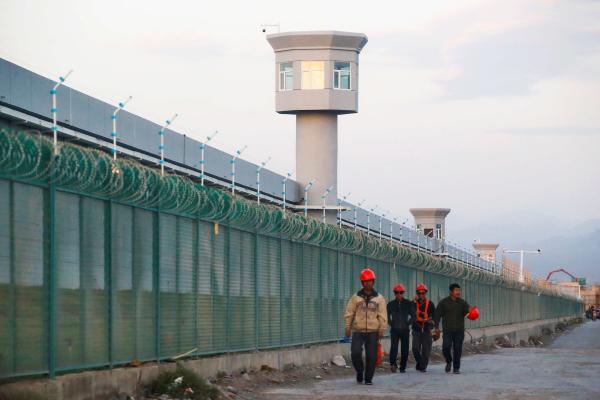Mar 17, 2020
The Congressional-Executive Commission on China released a report last week in conjunction with the bill’s unveiling, saying that Xinjiang authorities are “systematically forcing predominantly Muslim ethnic minorities, including Uyghurs, Kazakhs, and others, to engage in forced labor.”
Read the Full Article

Already a subscriber? Login
